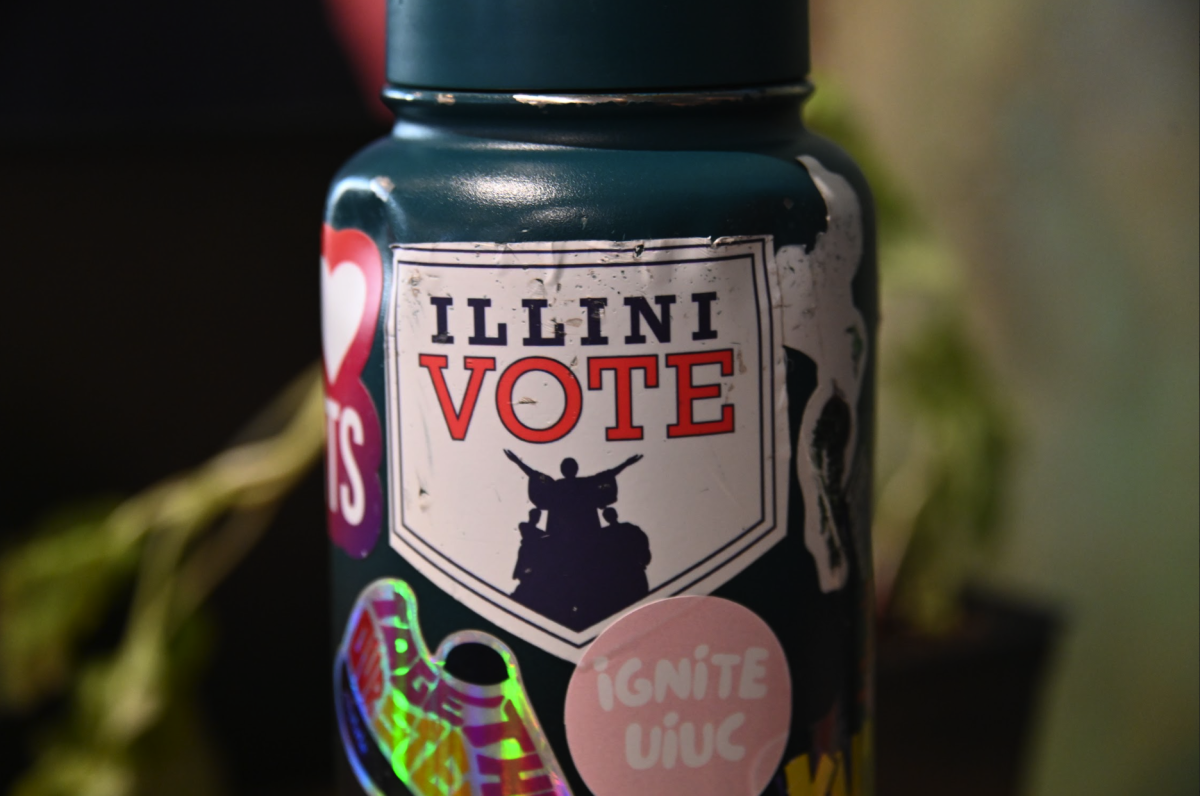For some women, pursuing a degree in engineering may be difficult because of gender disparities in the field. Those difficulties can be magnified when it comes to actually interacting in the classroom, especially when some may still view engineering as a male-dominated discipline.
There are a number of theories for why engineering is associated with men, said Susan Larson, assistant dean for the College of Engineering and director of Women in Engineering. She said some suggest that women want jobs where they have direct contact with people and where they feel like they are serving society.
“There’s that notion that women aren’t good at math and science but are good at reading, writing and speaking,” said Joe Gonzalez, senior in aerospace engineering.
Gonzalez said he personally does not view engineering as a male profession, and that he has not noticed sexism in his classes.
The College of Engineering has the largest gender disparity of any college at the University, said Liz Stern, associate director for the University’s Division of Management Information. There are 5,687 undergraduates in Engineering this academic year, and 16.7% of them are women, according to the division’s Web site.
Get The Daily Illini in your inbox!
In 2007, the University’s section of the Society of Women Engineers, or SWE, sent an anonymous online survey to all female engineering students. Fifteen percent of the college’s female population responded, and two-thirds of them reported being “treated differently” at some point during their time at the University as a result of being a woman in engineering. The survey found peer issues represent the most pressing concern for women in the college.
“I am constantly treated differently by my peers,” said one anonymous respondent. “No one looks at me as intelligent and so after a while it makes me believe them.”
Entering the University’ engineering program as a woman can be daunting, said Kristina Kremer, junior in civil engineering and president of SWE.
She said she is conscious of being in the minority when she is one of few women in her class.
Kremer said she has grown accustomed to being in the minority. However, she said she occasionally hears sexist remarks, and they come from men and women alike.
Kremer said she remembers being told by a woman that engineering is “not really a girl thing.”
She added she thinks most discriminatory remarks are inadvertent and not necessarily meant to be offensive.
Although some women feel like they have been treated differently, Claire Slupski, freshman in mechanical engineering, said she has never been discriminated against by her male peers. She said she gets the same respect from classmates as anyone else.
In some classrooms, however, there is a divide between male and female engineering students. Marie-Christine Brunet, engineering lecturer, said some women have complained about working with men.
Brunet said that from time to time female students tell her they feel intimidated by their male partners.
Amber Choquette, sophomore in materials science and engineering, said the reverse is sometimes true. She said she remembers a time when all the men in her class grouped up, leaving her without a partner.
“I thought they were all pretty scared that there was actually a girl in their lab class,” Choquette said.
Despite relatively low numbers of women in engineering, David Lange, engineering professor and associate department head of civil engineering, said female enrollment numbers have moved in the right direction.
He said the number of women in this academic year’s freshman class for civil engineering is the highest of any engineering discipline in the history of the University. Lange said there are 54 women out of 164 students enrolled, or about 33 percent of the class.
He added that he has noticed men and women interacting more and more positively over the past 18 years.
“Today’s students are acting more as equal peers,” he said. “The interacting is not as hierarchical as perhaps it was in previous generations … I think they are supportive and respectful, and it’s a good environment.”
For some female engineers, having a strong network of women offers the support it takes to succeed in a male-dominated field.
Kremer said SWE offers a support system for women. She said SWE provides informal mentoring by offering notes and networking help. She added that she would advise women entering engineering to become involved right away and to not be afraid to go to meetings.
“Don’t be too shy to seek the support that is available to you,” Kremer said.
Choquette said living in the living-learning community of Women in Math Science and Engineering at Trelease Hall provides her with connections and makes her feel like less of a minority.
“I think it does really help to have a community you can fall back on,” she added.





